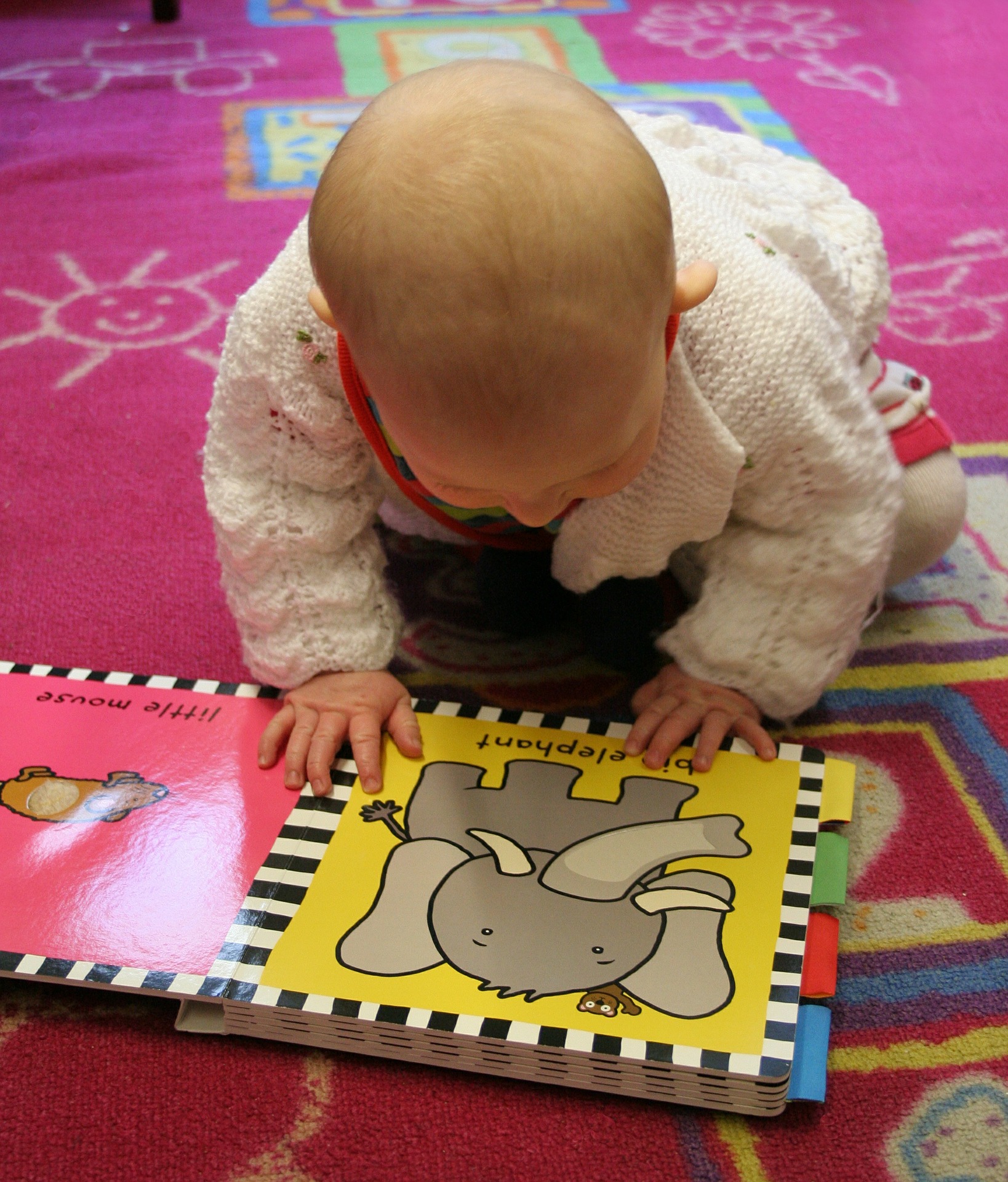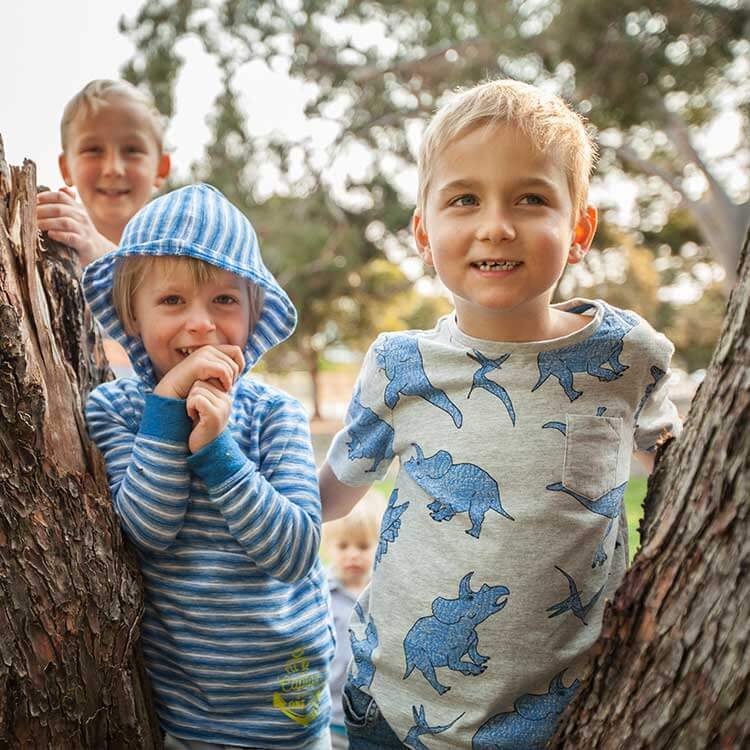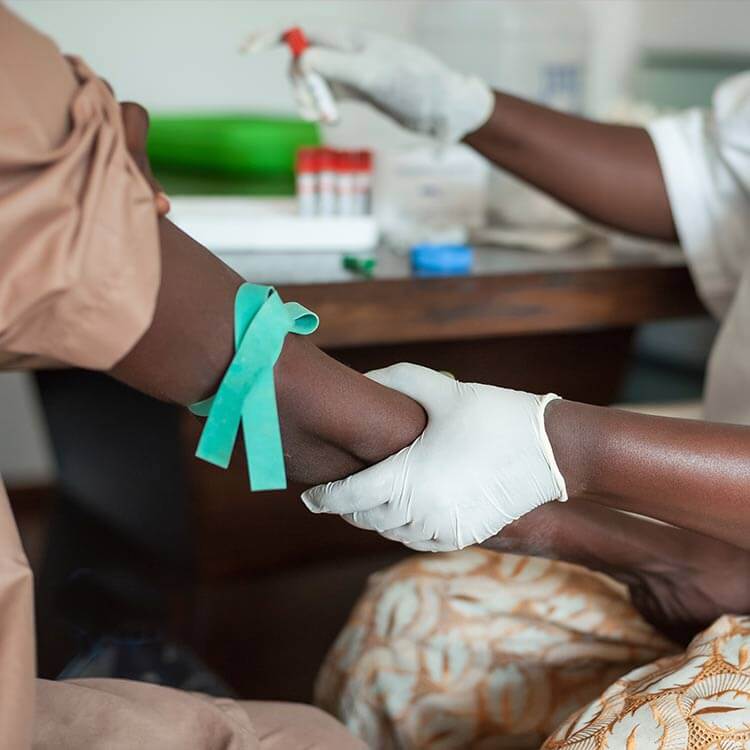Search

Research
MeaslesMeasles is a highly contagious infectious disease that can cause severe, long-term complications in children.

Research Theme
First Nations Health and EquityAboriginal health is everyone's business. The needs of Aboriginal and Torres Strait Islander families and kids is integrated into all relevant areas of our work. Improving the health and wellbeing of Aboriginal and Torres Strait Islander kids and families is an overarching priority for every team at The Kids.

Research
Heritable and environmental determinants of hospitalisation for common childhood illnessesWe will leverage the unique Western Australian data linkage resources to undertake the definitive twin and sibling study of infection-related hospitalisation

Research
GAMA projectThis study investigated host gene expression in response to new HIV infection.
Research
Multidrug-resistant tuberculosis during pregnancy and adverse birth outcomes: a systematic review and meta-analysisMultidrug-resistant tuberculosis (MDR-TB) is a major global public health concern. However, there is a dearth of literature on whether MDR-TB and its medications impact maternal and perinatal outcomes, and when such evidence exists the findings are conflicting. This systematic review and meta-analysis aimed to examine the impact of MDR-TB and its medications during pregnancy on maternal and perinatal outcomes.
Research
Current Status of Schistosomiasis Control and Prospects for Elimination in the Dongting Lake Region of the People's Republic of ChinaSchistosomiasis japonica is an ancient parasitic disease that has severely impacted human health causing a substantial disease burden not only to the Chinese people but also residents of other countries such as the Philippines, Indonesia and, before the 1970s, Japan. Since the founding of the new People's Republic of China (P. R. China), effective control strategies have been implemented with the result that the prevalence of schistosomiasis japonica has decreased markedly in the past 70 years.
Research
Preparing for Life: Plasma Proteome Changes and Immune System Development During the First Week of Human LifeNeonates have heightened susceptibility to infections. The biological mechanisms are incompletely understood but thought to be related to age-specific adaptations in immunity due to resource constraints during immune system development and growth. We present here an extended analysis of our proteomics study of peripheral blood-plasma from a study of healthy full-term newborns delivered vaginally, collected at the day of birth and on day of life (DOL) 1, 3, or 7, to cover the first week of life. The plasma proteome was characterized by LC-MS using our established 96-well plate format plasma proteomics platform.
Research
A platform in the use of medicines to treat chronic hepatitis C (PLATINUM C): protocol for a prospective treatment registry of real-world outcomes for hepatitis CSafe, highly curative, short course, direct acting antiviral (DAA) therapies are now available to treat chronic hepatitis C. DAA therapy is freely available to all adults chronically infected with the hepatitis C virus (HCV) in Australia. If left untreated, hepatitis C may lead to progressive hepatic fibrosis, cirrhosis and hepatocellular carcinoma.
Research
Planning and clinical role of acute medical home care services for COVID-19: consensus position statement by the Hospital-in-the-Home Society AustralasiaDuring a pandemic when hospitals are stretched and patients need isolation, the role of hospital-in-the-home (HITH) providing acute medical care at home has never been more relevant. We aimed to define and address the challenges to acute home care services posed by the COVID-19 pandemic.
Research
Prophage exotoxins enhance colonization fitness in epidemic scarlet fever-causing Streptococcus pyogenesThe re-emergence of scarlet fever poses a new global public health threat. The capacity of North-East Asian serotype M12 (emm12) Streptococcus pyogenes (group A Streptococcus, GAS) to cause scarlet fever has been linked epidemiologically to the presence of novel prophages
